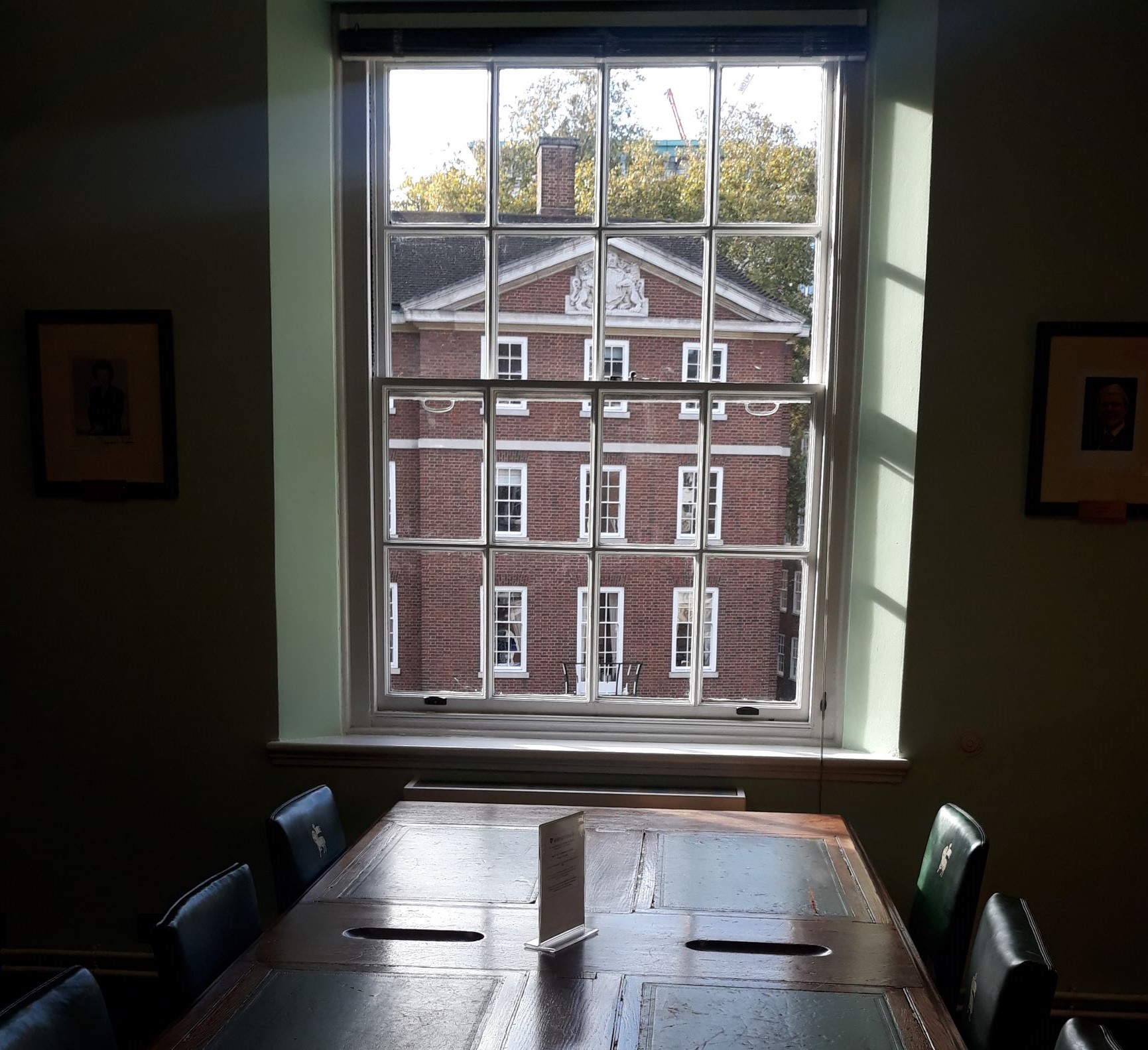Celem ankiety było poznanie opinii studentów studiów stacjonarnych na temat wymiaru godzin lektoratu języka angielskiego na uczelni wyższej.
Ankieta została przeprowadzona we wszystkich grupach lektoratowych I roku studiów (63%) i II roku studiów (36%) na kilku kierunkach studiów stacjonarnych (zarządzanie 43%, prawo 21%, finanse 20%, ekonomia 12%, administracja 4%) w dniach 25 i 26 lutego 2019. Ankietę wypełniło ponad 600 respondentów.
Dla większości studentów (57%) czas trwania i liczba godzin lektoratu języka angielskiego ma znaczenie przy wyborze uczelni.
Zdecydowana większość studentów (81%) nie uczestniczy w innym kursie języka angielskiego równolegle z lektoratem języka angielskiego.
Osoby, które decydują się na dodatkowe zajęcia wybierają lekcje prywatne lub kursy w szkołach językowych, a powoduje nimi za mała liczba godzin na uczelni i chęć rozwinięcia sprawności mówienia.
Zdecydowana większość studentów (88%) chce zdawać certyfikowane egzaminy z języka angielskiego. Tylko 10% studentów chciałoby zakończyć lektorat egzaminem wewnętrznym. W przypadku studentów prawa większość jest zainteresowana uzyskaniem certyfikatu na poziomie zaawansowanym, co przy aktualnym wymiarze godzin lektoratu jest możliwe w przypadku około 10 osób rocznie.
Tylko 5% studentów uważa, że godzin lektoratu języka angielskiego jest za dużo. Według 95% studentów liczba godzin lektoratu jest odpowiednia (61%) lub jest ich za mało (33%).
Prawie połowa studentów chciałaby, aby lektorat trwał dłużej, bo 3 lata. Dla 27% wymiar dwóch lat jest odpowiedni, ale prawie 20% studentów chciałoby się uczyć języka angielskiego przez 5 lat.
Zdecydowana większość (80%) planuje kontynuowanie nauki języka angielskiego po zakończeniu lektoratu.


